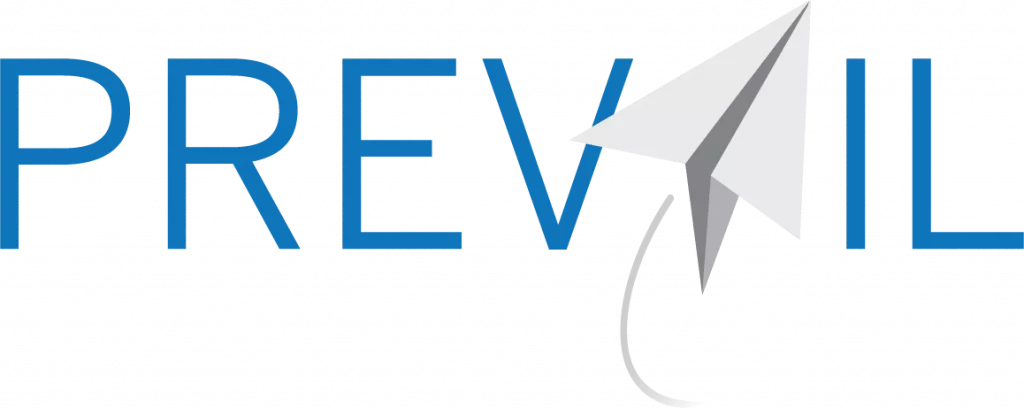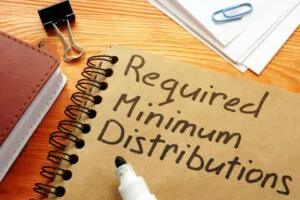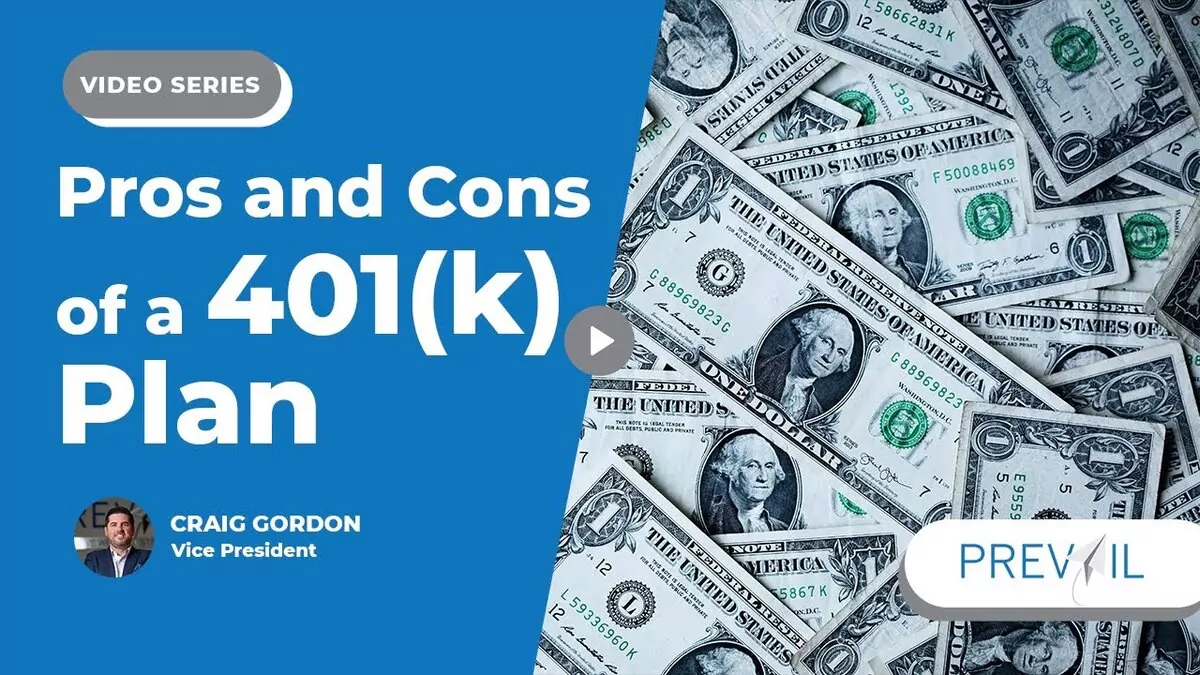Securing your financial future in retirement is a journey that demands careful consideration and informed decision-making. One of the key tools in this pursuit is the 401(k) plan, a retirement savings vehicle that comes with its own set of advantages and disadvantages. In this article, we will explore the pros and cons of a 401(k) plan, shedding light on the intricacies of this popular retirement savings option.
Advantages of 401(k) Plans
Hassle-Free and Systematic Investments
401(k) plans inherently facilitate a systematic investment approach by allowing contributions to be automatically deducted from one’s paycheck, embodying the “out of sight, out of mind” principle, which effortlessly ensures continuity in savings.
Tax-Deferred Growth
The contributions and subsequent growth of the investments within a 401(k) plan are tax-deferred, meaning that they are not subjected to tax liabilities annually, thereby enhancing the potential for robust financial growth over time.
Employer Match
Many employers offer a matching contribution as an incentive, where they match the contributions made by the employee up to a certain percentage. This essentially translates to “free money”, augmenting the compounding effect and significantly amplifying the accumulated corpus over time.
Disadvantages of 401(k) Plans
Entrapped Capital
One pronounced drawback of the 401(k) plan is the lack of liquidity, rendering the capital largely inaccessible for present-day necessities, unless subjected to certain penalties, thus hindering financial flexibility.
Limitations on Immediate Accessibility
The funds within a 401(k) plan are generally difficult to access, with early withdrawals typically incurring penalties, thereby creating a potential financial bottleneck during unforeseen fiscal crises.
Prudent Contribution Recommendations: Balancing the Financial Scale
Tapping into Employer Matches Efficiently
Irrespective of one’s individual financial canvas, it is financially smart to always fund the 401(k) up to the employer match, ensuring one does not bypass the boon of “free money”.
Weighing Alternatives Beyond the Match
Post exhausting the employer match, it becomes pivotal to holistically evaluate one’s financial spectrum, contemplating whether additional 401(k) contributions or alternative investment avenues align more harmoniously with one’s fiscal aspirations and needs.
401(k)s for Various Employment Scenarios: From Self-Employed to Big Companies
Self-Employed Individuals: Navigating Solo Ventures
For self-employed individuals, alternative options such as a solo 401(k) or a Simplified Employee Pension (SEP) plan might bear more lucrative fruits, offering flexibility and specific advantages tailored to solo entrepreneurial endeavors.
Big Companies: Embracing the Extended Compensation
In larger corporations, 401(k) plans often comprise an integral component of the overall compensation package, with employer matching serving as a “soft” form of compensation, enhancing the overall remuneration even if it’s not immediately visible in one’s paycheck.
Conclusion
Understanding the multifaceted world of retirement planning is crucial to sculpting a future that mirrors financial stability and security. Understanding its advantages, such as systematic savings, tax-deferred growth, and employer matches, while being mindful of its disadvantages, such as encased capital and withdrawal limitations, empowers one to chart a balanced and informed path towards retirement.
Your financial journey is uniquely yours, and it may necessitate personalized advice and strategies. Do not hesitate to contact us for further insights, guidance, and tailored strategies, ensuring your financial canvas is both vibrant and secure, echoing a prosperous tomorrow.


















